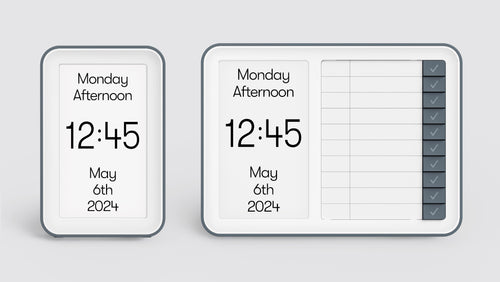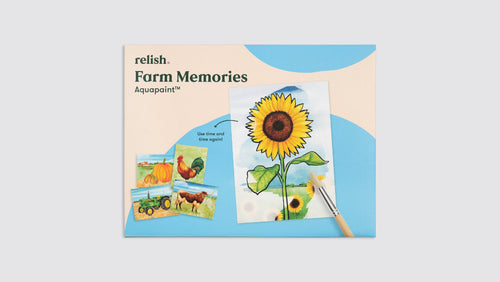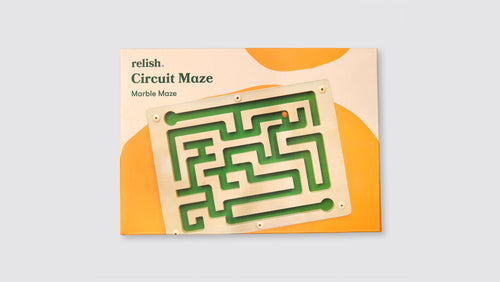It is not new news that music can activate emotion and stimulate brain activity. Historians and scientists have known that music has a calming effect on humans and animals for centuries, but they’ve also uncovered a link between music and cognitive ability, as well as emotional connection. In fact, research and studies being conducted on people living with dementia and other memory loss conditions have correlated music with improved mental function.
Music in the Middle Stages
The middle stages of these diseases are often marked by increased agitation and a myriad of behavioral issues. However, the power of music has shown that it can reduce some of these symptoms or rapid declines. Triggering emotion and memories, even those in the mid-to-late stages can remember lyrics from long ago or respond to music in physical ways—from tapping their feet and clapping their hands, or even being moved and propelled to dance. Music sparks connection mentally, physically, emotionally, and even spiritually. As the renowned neurologist Oliver Sacks said about music: “Music evokes emotion, and emotion can bring with it memory ….it brings back the feeling of life when nothing else can.”
In fact, there are many benefits of playing music for people living with dementia or Alzheimer’s. The Alzheimer’s Foundation of America, or AFA, posts on its website, “When used appropriately, music can shift mood, manage stress-induced agitation, stimulate positive interactions, facilitate cognitive function and coordinate motor movements.”
Some of these benefits include:
- Emotions that are triggered by music often beget
- Musical aptitude and appreciation can prevail, despite an impaired memory.
- Music can spawn closeness and expressions of affection.
- While it’s proven to engage and activate areas of the brain, it requires little to no mental processing, making it free from dependence upon cognitive function to manifest.
- It can improve mood by releasing endorphins and thus, reduce stress and anxiety.
Be Selective When Selecting Music
Familiarity is key when selecting music—you want to play music that may strike a chord or jog a memory for the person listening. (If you are not so close to the person/don’t know his/her musical tastes, you could always ask their family members for a song suggestion.) Also, play music from a recording or stream from an online source that will not be disrupted by commercials or a DJ talking in between songs. Remember that straying from a routine or springing sudden changes on a person living with dementia or Alzheimer’s can trigger confusion and agitation.
Set a mood that matches the environment with the music you select; for example, if the person suffering from memory loss is being creative or participating in an artful activity, play music that may be stirring and spur creativity. If it is close to naptime or bedtime, play some soothing classical music. Or, if the person seems melancholy, play some music with an upbeat tempo and model appropriate physical movement, such as clapping, snapping, or toe tapping. No matter what, remember not to inundate the person with too much sensory stimulation – this could cause the person to shut down due to being overstimulated and could even result in the person getting agitated or, in some cases, aggressive.
If you’d like to share music with your friend or loved one living with dementia, the Alzheimer’s Association offers a soundtrack from various well-known and award-winning musical artists called “MUSIC MOMENTS” available here:
For more information on enriching the lives of people living with dementia or other memory loss conditions and filling them with music, please visit Relish-life.com where you can view our digital catalog of products or download our free app for families and caregivers.


















